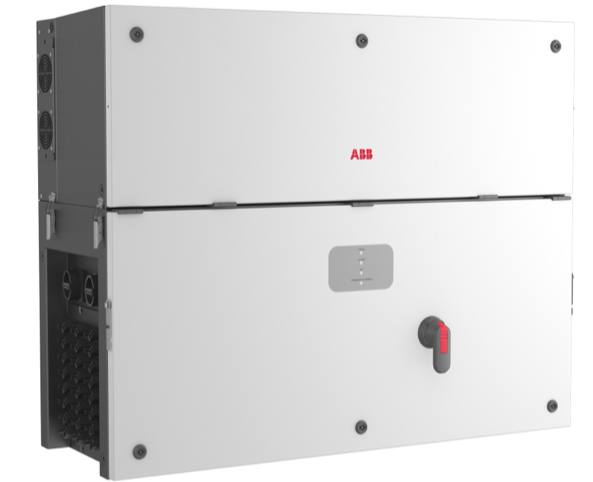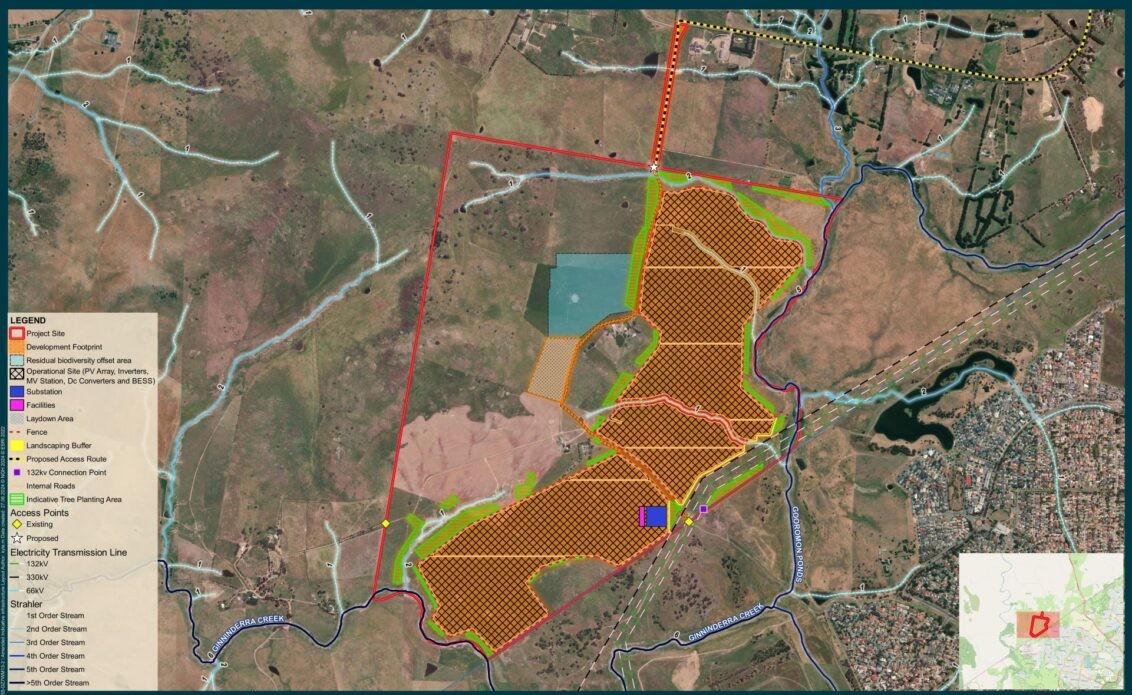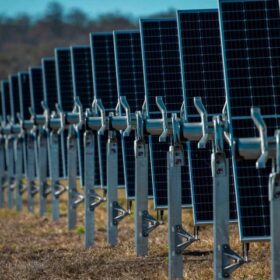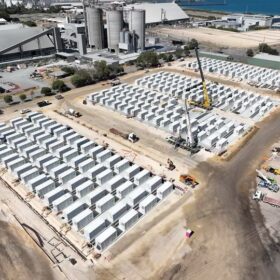From pv magazine global
Inverter big shot ABB has announced its exit from solar inverters by agreeing Italian power electronics manufacturer Fimer can acquire its PV inverter business.
ABB said its inverter business generated $290 million in revenue last year. A portfolio of products, systems, and services for different types of solar installations held by ABB’s electrification business will be sold to Fimer.
“We are glad to announce this further step in our development as Fimer’s focus on the solar business will be greatly enhanced by this integration,” said Fimer CEO Filippo Carzaniga. “Our commitment to positively influencing the energy market will be realized through the development of new product platforms and innovative digital technologies.”
The head of the northern Italian business added: “With a strengthened portfolio we are better placed to shape the future of this increasingly strategic business.”
ABB did not disclose how much Fimer would pay for its inverter unit but did reveal it would shoulder costs of around $430 million in the recently ended three-month period as part of the transaction. That relates to ABB agreeing to cover warranty risks and other liabilities and will be paid to Fimer over six years. “ABB expects up to $40 million of carve-out related separation costs, starting in the second half of 2019”, the company said.
Rationale
ABB said disposing of the low-margin unit would help its electrification business reach its overall profit margin aim of 15-19%.
Both companies expect the deal to be completed in the first quarter of next year and the sale is subject to conditions being agreed with employee representative bodies. ABB said it intends to retain all 800 inverter business employees, spread across more than 30 countries. The company has manufacturing and R&D sites in Finland, India and Italy.
Fimer has a plant in Vimercate, near Monza for its inverter, welding, and electric mobility businesses.
“The divestment is in line with our strategy of ongoing systematic portfolio management to strengthen competitiveness [and] focus on the quality of revenue and higher growth segments,” said Tarak Mehta, president of ABB’s electrification business. “Solar is a well-established and key focus for Fimer and as such we believe them to be a very good owner for ABB’s solar inverter business. The combination of the portfolios under Fimer will support further sales growth. Through our intelligent low and medium-voltage offering, ABB will continue to integrate solar power into a range of smart solutions including smart buildings, energy storage and electric vehicle charging.”
Big players go small
The divestment will bring ABB in line with some of its peers, who are increasingly focusing on internet of things platforms, smart energy and smart EV charging in the low and medium-voltage sector. Inverter businesses such as Schneider Electric are turning their back on utility scale solar while others continue to invest such as Siemens with its recent acquisition of Kaco, IHS Markit analyst Cormac Gilligan told pv magazine.
“One of the overarching themes is that multinational industrial manufacturers have, due to the rapid reduction of solar inverter prices over the last few years, certainly squeezed profit margins,” said the solar and energy storage research manager. “As a result, some players are refocusing on higher growth areas such as smart home and storage or smart EV charging.”
Gilligan added, the transition from subsidies to competitive tenders – and now PPAs – meant costs had become immensely competitive in the last couple of years. In such an environment, big multinational technology companies have struggled to meet profit margins and will ditch low-margin business units to lift overall figures.
A new contacts book
Focusing on other areas enables companies such as Siemens, Schneider – and now ABB – to leverage much more efficiently their digital portfolios, where growth margins look more promising.
Gilligan said Fimer has been particularly active with central inverters in the utility scale market. Though it has also brought to market string inverters, the analyst believes Fimer can benefit from the technology, production and knowledge transfer it will gain from the transaction. With ABB’s products, Fimer is likely better positioned to tap into the fast growing commercial and industrial sector and also to cater to string inverter demand in utility scale plants.
Fimer has been very active in Latin America, and particularly in Brazil, where it was ranked the second largest supplier for the last five years. The company has also been active in Africa – especially Egypt – and other emerging markets and the ABB transaction will enable the business to exploit its new unit’s marketing channels in India.
This content is protected by copyright and may not be reused. If you want to cooperate with us and would like to reuse some of our content, please contact: editors@pv-magazine.com.









Wow, ABB has been known for decades as an industrial VFD manufacturer. To sell it’s inverter business to Firmer and become responsible for $430 million in costs. It, just screams, “Ex-wife for sale, take over payments.”
I cannot believe ABB can’t manage to “mine” their own intellectual property for a better, cheaper design for solar inverters. The very functions of a VFD for motor speed control, allow the VFD technology to address switching power out at 50HZ, 60HZ, even 400HZ. For the cost of a typical grid tied string inverter of around 11kW, you could buy a 25 H.P. VFD or almost 19kW of switching output for a little less. WHAT IS THE PROBLEM HERE?